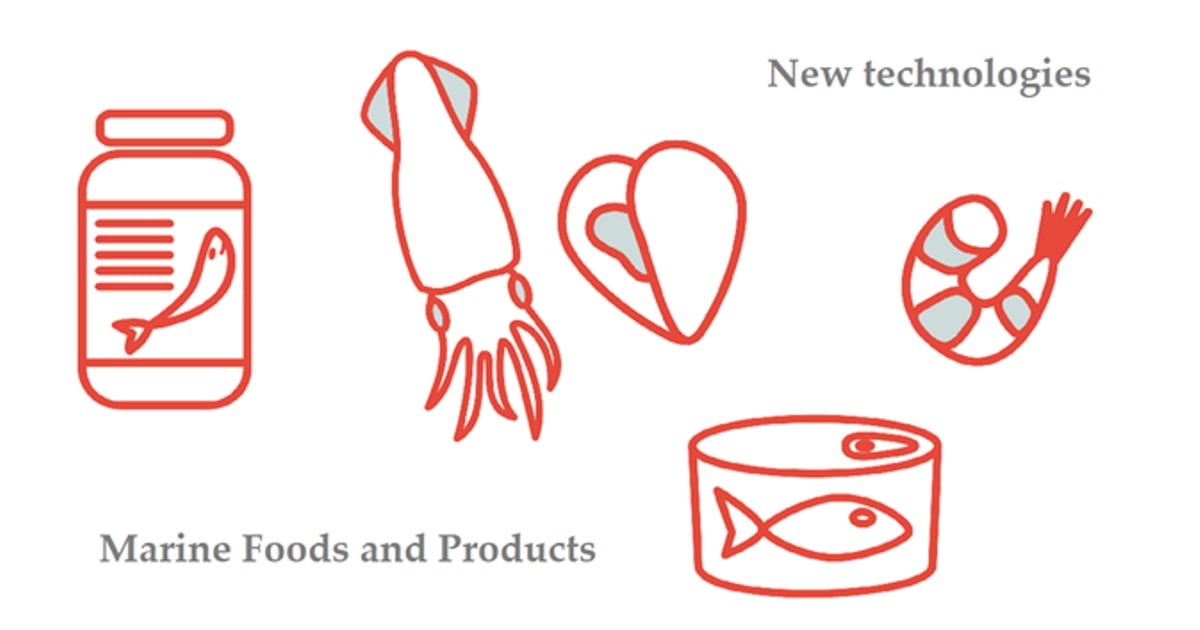- 2.5Impact Factor
- 5.5CiteScore
- 20 daysTime to First Decision
New Technologies for Marine Foods and Products
This special issue belongs to the section “Food Science and Technology“.
Special Issue Information
Dear Colleagues,
This Special Issue aims to explore advancements and innovations in the field of marine foods’ and natural products’ development, processing, and utilization.
This Special Issue seeks to gather high-quality research papers and reviews that investigate the application of emerging technologies and methodologies to improve the sustainability, safety, and quality of marine-based foods and products.
Topics of interest for this Special Issue include, but are not limited to:
- Novel seafood processing techniques (e.g., high-pressure processing, cold plasma treatment, and advanced freezing methods);
- Marine biotechnology and nutraceuticals (e.g., development of bioactive extracts and supplements from marine resources);
- Waste valorization (e.g., converting discarded parts into value-added products like collagen, gelatin, and fish oil).
Dr. Martina Čagalj
Dr. Vida Šimat
Guest Editors
Manuscript Submission Information
Manuscripts should be submitted online at www.mdpi.com by registering and logging in to this website. Once you are registered, click here to go to the submission form. Manuscripts can be submitted until the deadline. All submissions that pass pre-check are peer-reviewed. Accepted papers will be published continuously in the journal (as soon as accepted) and will be listed together on the special issue website. Research articles, review articles as well as short communications are invited. For planned papers, a title and short abstract (about 250 words) can be sent to the Editorial Office for assessment.
Submitted manuscripts should not have been published previously, nor be under consideration for publication elsewhere (except conference proceedings papers). All manuscripts are thoroughly refereed through a single-blind peer-review process. A guide for authors and other relevant information for submission of manuscripts is available on the Instructions for Authors page. Applied Sciences is an international peer-reviewed open access semimonthly journal published by MDPI.
Please visit the Instructions for Authors page before submitting a manuscript. The Article Processing Charge (APC) for publication in this open access journal is 2400 CHF (Swiss Francs). Submitted papers should be well formatted and use good English. Authors may use MDPI's English editing service prior to publication or during author revisions.
Keywords
- seafood processing methods optimization
- product quality enhancement
- shelf life extension
- waste reduction
- marine byproduct utilization
- marine-derived bioactive compounds
- functional ingredients
- nutraceuticals

Benefits of Publishing in a Special Issue
- Ease of navigation: Grouping papers by topic helps scholars navigate broad scope journals more efficiently.
- Greater discoverability: Special Issues support the reach and impact of scientific research. Articles in Special Issues are more discoverable and cited more frequently.
- Expansion of research network: Special Issues facilitate connections among authors, fostering scientific collaborations.
- External promotion: Articles in Special Issues are often promoted through the journal's social media, increasing their visibility.
- e-Book format: Special Issues with more than 10 articles can be published as dedicated e-books, ensuring wide and rapid dissemination.

